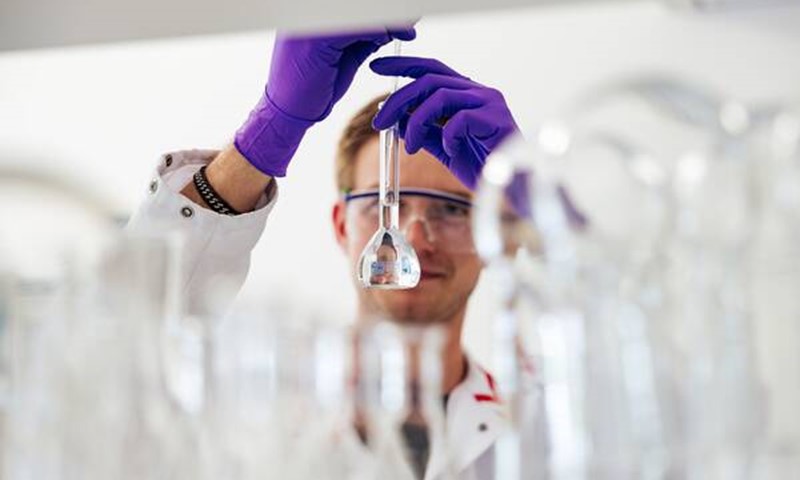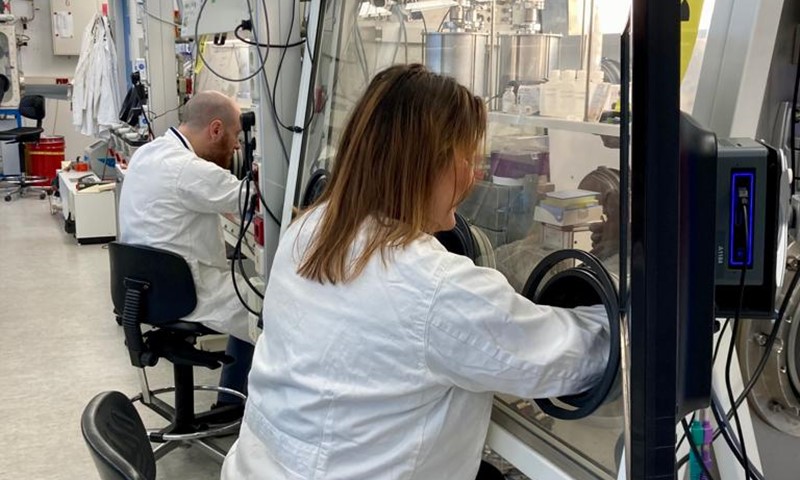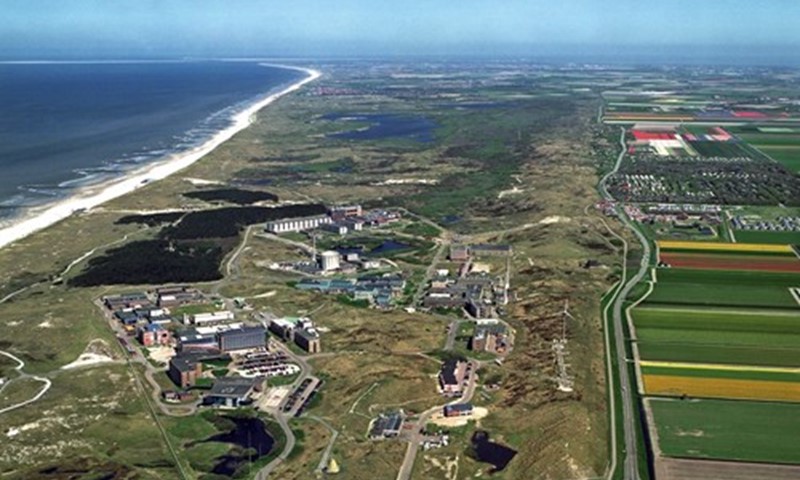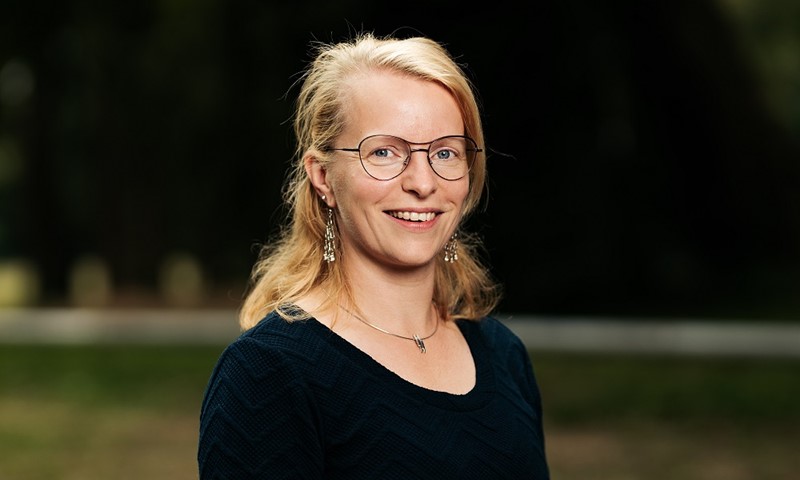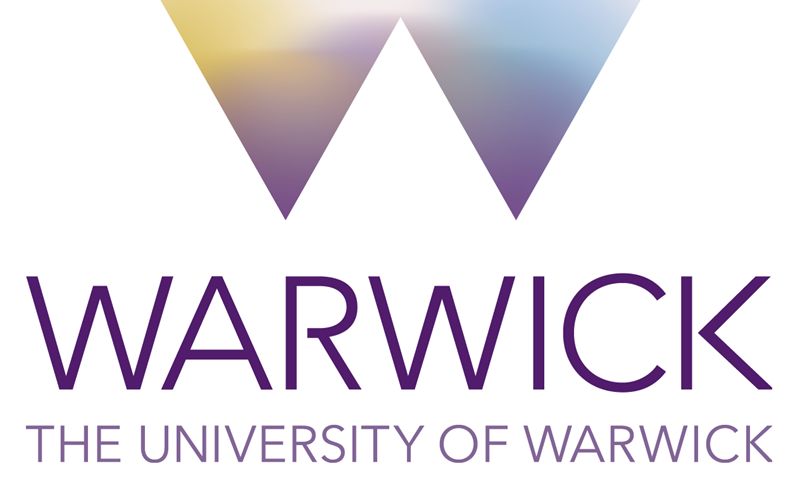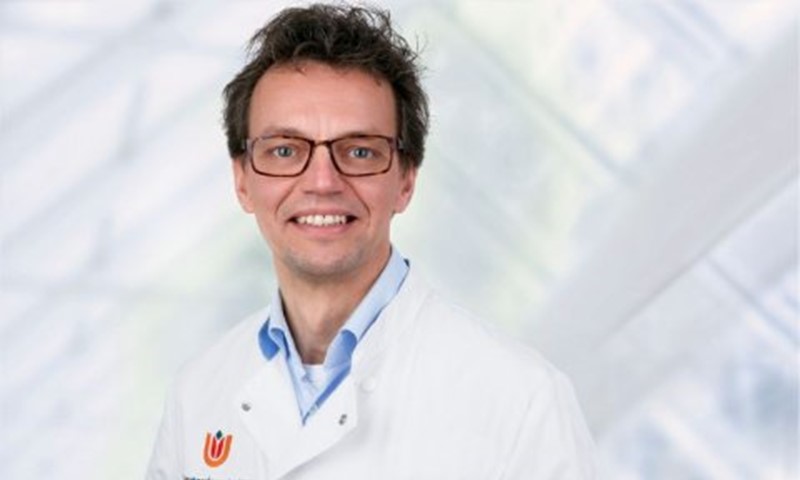Articles
The new FIELD-LAB establishment, dedicated to the production of medical isotopes for cancer treatment and which opened in December 2023, will operate under GMP standards. According to Harry Hendrikse, a professor Translational Radiopharmacology at Erasmus Medical Center and one of the GMP consultants who initially worked on this project, that is not an easy task.
Erasmus Medical Center in Rotterdam and NRG PALLAS teamed up last years within FIELD-LAB to realise a study on the stability and efficacy of different ligands in combination with Lead-212 for the treatment of NETs. And the results were promising.
Already in 2001, NRG supported the development of Peptide Receptor Radionuclide Therapy with carrier added Lutetium-177 (Lu-177 c.a.) by the supply of Lutetium-177 trichloride as a radiochemical. Nowadays, Lu-177 no carrier added is preferably used. “Lu-177 n.c.a. has a higher specific activity and thus radiolabeling efficiency, than lu-177 c.a.”, according to Marion Chomet, lead scientist at FIELD-LAB. Chomet and her colleagues are now fine-tuning and finalizing their custom made lutetium-177 n.c.a. process. But there are several challenges and practical considerations that they are facing.
It is game on for actinium-225 and lead-212. These two alpha-emitters can treat the same cancer and they are center stage in several researches around the world. However, only one can be the winner and conquer the market. What are the differences between these two powerhouses and which one is more likely to take the prize.
The major bottleneck for research and development of radiopharmaceuticals for targeted alpha therapy is its limited availability. The irradiation of radium-226 could be a game changer as the amounts produced using this method could fulfill the market needs for alpha-emitters. However, there are several challenges in 226Ra target preparation and further processing of irradiated targets.
During the NVNG Spring Conference of last Friday our R&D manager Karlijn van der Schilden provided insight into the current developments of NRGǀPALLAS in the field of developing new production routes for existing and new isotopes. With inextricably linked the subject of securing availability and supply.
In order to predict the behavior of nuclear medicine in the body after administration, Ramona Bouwman, consultant radiation protection at NRG, has been developing a biokinetic model to do just that.
A decade ago, it was claimed that alpha-emitters are indispensable when it comes to optimisation of strategies for tumour therapy. Over time, this robust statement has become increasingly relevant, which has resulted in research aiming to develop alpha therapy which can be used in the clinic to substantially improve outcomes for cancer patients. This is exactly what healthcare entrepreneur Jan van Bodegom, MD will present at the 3rd Annual Targeted Radiopharmaceuticals (TRP) Summit in Berlin between 7 and 9 December 2021.
In the University of Warwick and King’s College London, the FIELD-LAB of NRG has found its first international partners. Despite the significant barriers created by both the COVID-pandemic and Brexit, researchers and scientists on both sides of the Channel managed to get things started and hope to present exciting new findings in due time. Dr Cinzia Imberti, Sir Henry Wellcome Postdoctoral Fellow, University of Warwick, UK and Nora Klaassen, project manager R&D at Field-Lab, Petten, the Netherlands, shed some light on how this collaboration started and its hopes for the future.
The market for lutetium-177 is expected to grow significantly in the coming years. There are many products in the clinical pipeline that use lutetium-177 as radioactive substance, and we are seeing new, up-and-coming therapies. A promising agent is lutetium-177 PSMA, which acts on the prostate-specific membrane antigen and is used in the treatment of metastasised prostate cancer. In addition to prostate carcinomas, other cancers could be treated with the isotope lutetium-177 in the future. Prof. Hendrikse of Amsterdam UMC, VUmc location, foresees expanding possibilities for patient treatment despite some issues related to market availability.




